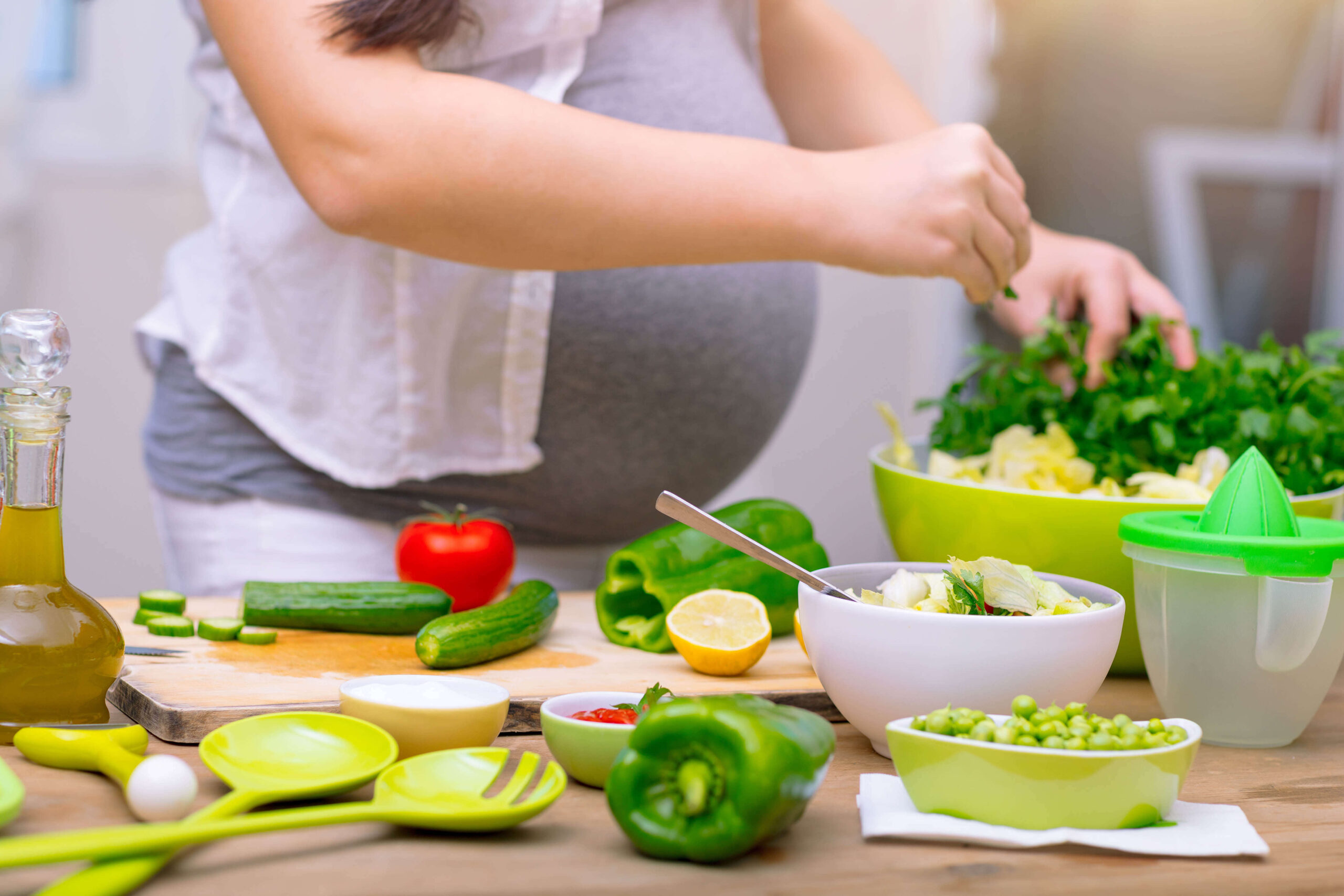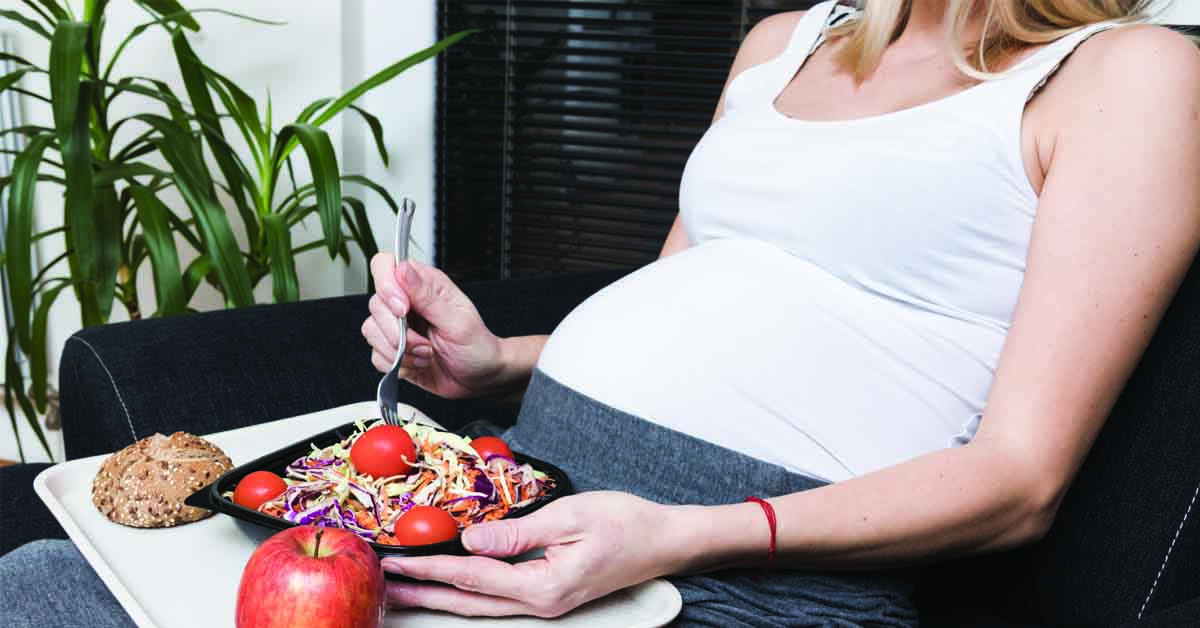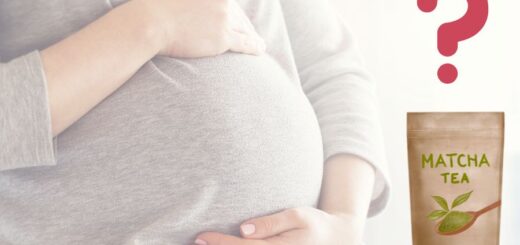Foods to Avoid in Pregnancy
When pregnant, there are some foods you should avoid. These include unpasteurized milk products, undercooked meat, and herbal teas. You should also limit the amount of caffeine you consume and limit the amount of mercury-rich fish you eat. Undercooked meats and soft cheeses should also be avoided.For this article https://pregnancyfoodinfo.com/ site was used.
Unpasteurized dairy products
Many unpasteurized dairy products can cause health problems, including listeria. This bacteria can make anyone sick, and is particularly dangerous for pregnant women. It can cause miscarriage, fetal death, and illness in the newborn. It is best to avoid raw milk and its products, including soft cheeses, in order to protect yourself and your baby.
Although the incidence of listeria infection during pregnancy is extremely rare, it can lead to a miscarriage or stillbirth. It is also possible for the newborn to develop serious illnesses due to the bacteria in raw milk and cheese. Although listeria infection is rare, it is still important to limit consumption of these foods to help ensure your unborn baby is safe.
A new policy statement from the American Academy of Pediatrics recommends that pregnant women avoid unpasteurized dairy products. The statement supports the recommendations of the World Health Association and the American Medical Association. It also supports the position of the American Veterinary Medical Association. The World Health Association and the American Academy of Pediatrics are all supportive of this new policy.
If you can’t avoid unpasteurized dairy products, consider choosing dairy products that have been pasteurized. These products are more palatable than the raw variety, but they still contain harmful bacteria. In addition to salmonella, unpasteurized dairy products are also a risk factor for botulism, a potentially deadly bacterial infection. Salmonella, which can cause fever, diarrhea, and stomach cramps, is also harmful to the fetus.

Raw milk is a common source of bacteria and germs. While you can still eat some raw milk products, it is important to avoid it entirely if you are pregnant. Especially for young children, pregnant women, and those with weakened immune systems, raw milk can lead to serious infections.
Relevant post >> Can pregnant women eat boiled shrimp? Is it safe?
Raw or undercooked meat
During pregnancy, it is best to avoid raw or undercooked meat. These foods can cause a parasite infection called toxoplasmosis in pregnant women. This parasite can cause a flu-like illness and can cause damage to the developing baby’s organs. The disease can also cause miscarriage.
Pregnant women should avoid undercooked meat or seafood, particularly raw shellfish. They should also avoid consuming uncooked meat, minced meat, poultry and hot dogs. Even processed meat can harbor bacteria. Unless reheated, pregnant women should avoid undercooked meat or seafood.
Raw or undercooked meat has high risk of salmonella and E. coli. While this may not affect the fetus directly, it can affect the mother and baby. Fortunately, well-cooked meat is an excellent source of protein and iron. It is not necessary to avoid meat completely during pregnancy, but it is important to avoid eating undercooked or raw meat at all during the pregnancy.
Consuming undercooked or raw meat during pregnancy may lead to salmonella infection, which can lead to a miscarriage or premature delivery. It can also lead to infections in the newborn. In some cases, listeria can result in neonatal death or stillbirth. Therefore, pregnant women should steam or heat deli meat before consuming it.
When it comes to raw or undercooked meat, pregnant women should follow strict guidelines. The main rule is to thoroughly wash their hands after handling raw meat. It is also important to clean cutting boards and surfaces before cooking raw meat. This is important to avoid cross-contamination. In addition, preparing raw meat can expose you to toxoplasmosis, a parasite that can cause miscarriages in the early stages of pregnancy.
Pregnant women should also avoid eating raw shellfish or raw fish. The bacteria that causes Listeria can be found in soil, water, or fish. This infection can easily pass to your baby through the placenta. Infected babies may develop severe neurological diseases, such as intellectual disabilities, blindness, and epilepsy.

Herbal teas
Although most herbal teas are safe to drink during pregnancy, there are some that you should avoid. These include ginger, peppermint and lemon balm. While they can have benefits, these teas are best avoided during the first trimester. They contain substances that can have adverse effects on the fetus.
Drinking tea is safe during pregnancy, but it’s important to avoid drinking too much of it. Herbal teas have the same chemicals as herbal medicines, so drinking too much can be harmful to the growing fetus. It is also advisable not to drink the same herbal tea every day. Instead, try experimenting with different herbal teas to see which ones work for you.
Herbal teas are made from different types of plants, and some of them are also used as medicinal remedies. While black tea is generally safe for consumption during pregnancy, midwives recommend that pregnant women limit their intake to four cups a day. They also advise women to watch the amount of caffeine in their teas. Decaffeinated tea can help cut the caffeine content.
Herbal teas can help pregnant women hydrate and provide nutrients. One of the most popular choices among pregnant people is Rooibos tea, which is high in antioxidants. Others include chamomile tea, which helps prevent insomnia and morning sickness. Red raspberry leaf and peppermint tea are also popular among pregnant women.
Some of these teas contain ingredients that are regarded as potentially harmful to the fetus. They may contain chemicals or contaminants not found in common foods and drinks. You should also consult with your health care provider before drinking any herbal tea.
Mold-ripened cheeses
Mold-ripened cheeses are a particular health hazard for pregnant women. They may contain Listeria bacteria, which are especially dangerous during pregnancy. These bacteria thrive in cheeses that are high in moisture and low in acidity. Therefore, pregnant women should avoid mould-ripened cheeses and soft cheeses. The best way to avoid listeria is to cook cheese thoroughly before eating it.
There are many types of cheeses that are safe to eat during pregnancy. However, there are some types that contain more bacteria, such as Listeria, which can harm the unborn baby. Therefore, mold-ripened, soft, blue-veined, and unpasteurised cheese should be avoided during pregnancy.
Fortunately, pasteurised cheeses are safe to eat during pregnancy. However, the rind of some types of cheese is not safe to consume during pregnancy. It is also a good idea to ask a restaurant staff about the safety of soft cheese before you eat it.
Goat cheese is generally safe during pregnancy, but some cheeses are not. If the milk used is pasteurized, then goat cheese should be safe to consume. Chevre is a popular cheese used in cheese salads and served in restaurants, but it is soft and mold-ripened and creates a perfect environment for Listeria monocytogenes to grow. When consumed in large quantities, this bacteria can lead to listeriosis, a potentially life-threatening infection. It is also important to note that listeria-ridden cheeses are not particularly pleasant to taste.
While listeriosis is rare, the bacteria that causes it is dangerous for pregnant women. Listeria infection can lead to miscarriage, stillbirth, and even premature birth. If caught in time, it is possible to prevent severe health complications for the unborn baby.
Unwashed vegetables and fruits
During pregnancy, you must thoroughly wash vegetables and fruits. Even if they seem perfectly fine, they may harbor harmful bacteria. These bacteria are transferred from the surface of the produce to the inside through cutting or slicing. One example is the 2011 outbreak of listeriosis, which was linked to contaminated melon. As a result, pregnant women should only eat fruits and vegetables that are washed thoroughly under running water before eating them.
Consuming unwashed vegetables and fruits is not recommended during pregnancy, because they may contain bacteria such as Listeria and Salmonella. The bacteria can harm the fetus. Even if you buy fruits and vegetables from a store, make sure they are washed thoroughly before consumption. You should also wash your hands after handling soiled or damaged produce.
Besides fruits and vegetables that are not washed, you should also avoid uncooked meat and poultry. These foods contain bacteria that can cross the placenta and affect the unborn baby. Listeria can cause serious problems for the mother as well as the fetus, so it is essential to fully cook your meat and poultry. Bacteria can hide deep in the surface and muscle fibers of meat, so making sure they’re cooked thoroughly is important. In addition, you should avoid eating raw eggs and salad dressings.
Pregnant women should also avoid drinking alcohol. Alcohol is harmful for the baby and can reach the fetus through breastfeeding. While drinking alcohol can have its benefits, it should be avoided during pregnancy. It enters the bloodstream of the baby at the same rate as the mother, takes longer to break down in the placenta, and causes fetal alcohol syndrome. In addition, drinking alcohol during pregnancy increases the risk of miscarriage or stillbirth.
Our previous article What to Say When Someone Gives Birth? We also recommend that you read our article.

Hello, I’m Dorothy. I love writing and researching articles. Reading books about baby health, care and pregnancy is my favorite. I will be sharing delicious and healthy information on food and baby food during pregnancy.











